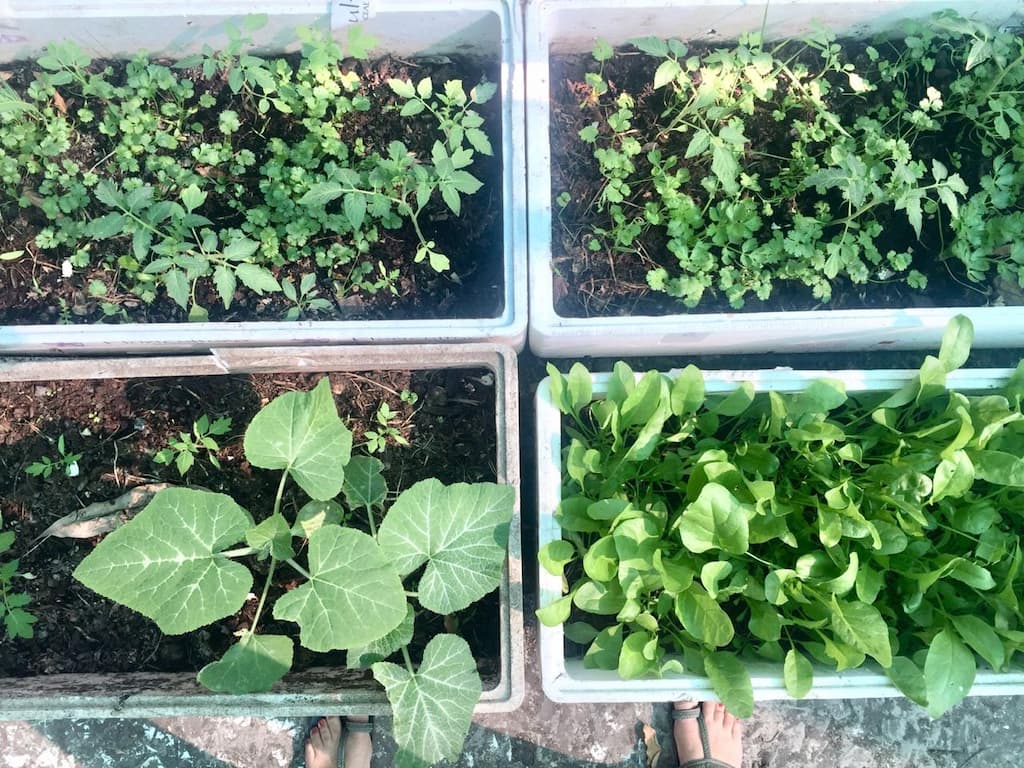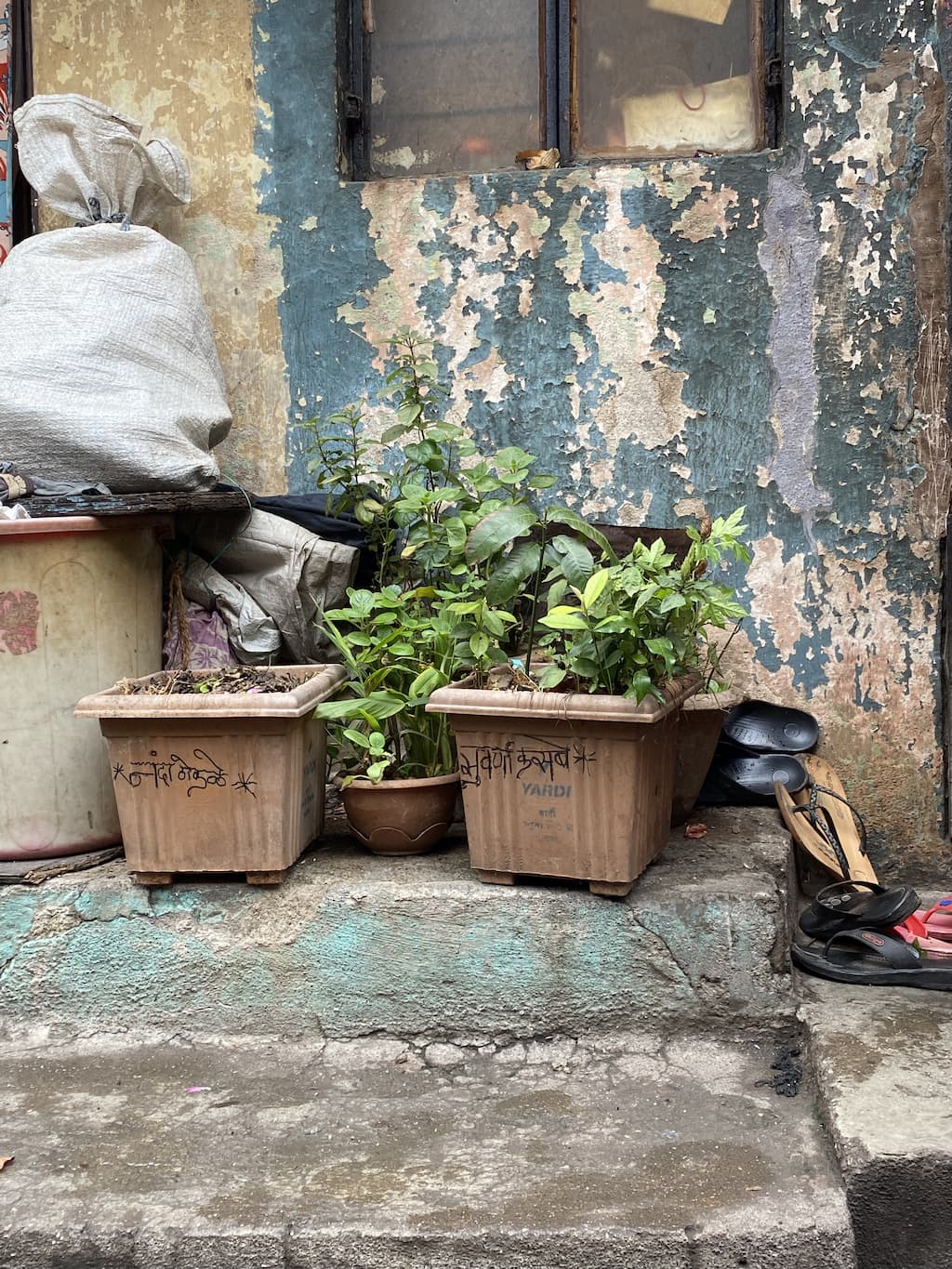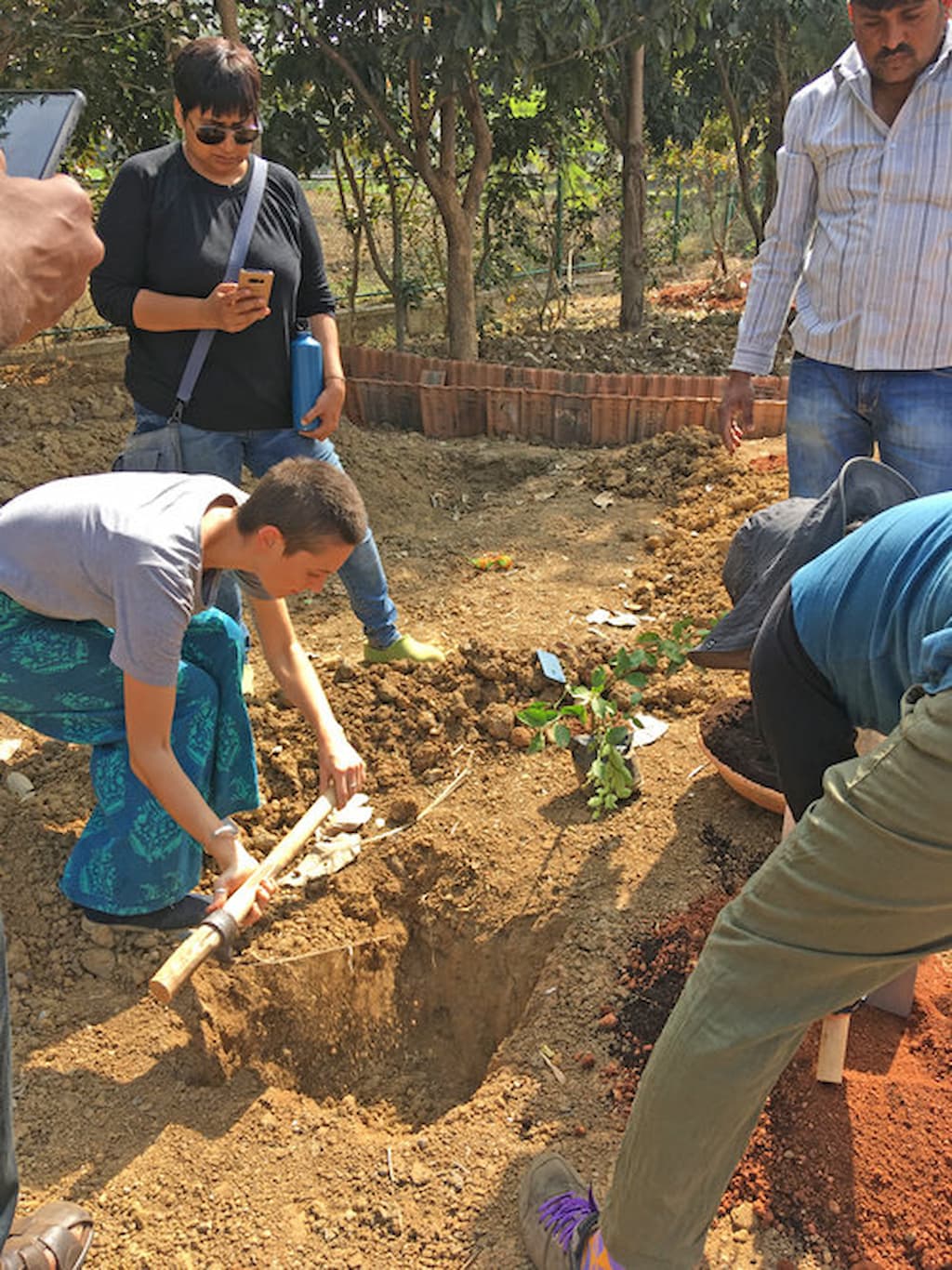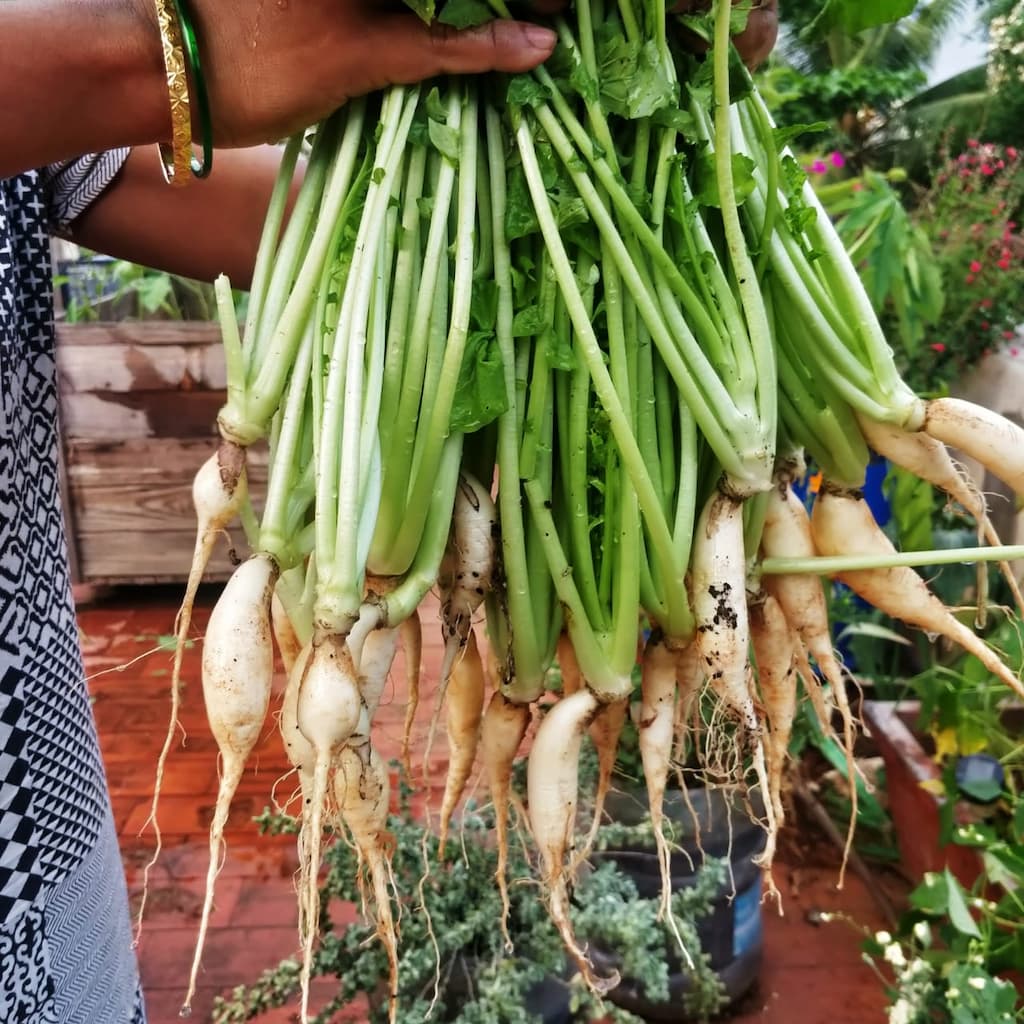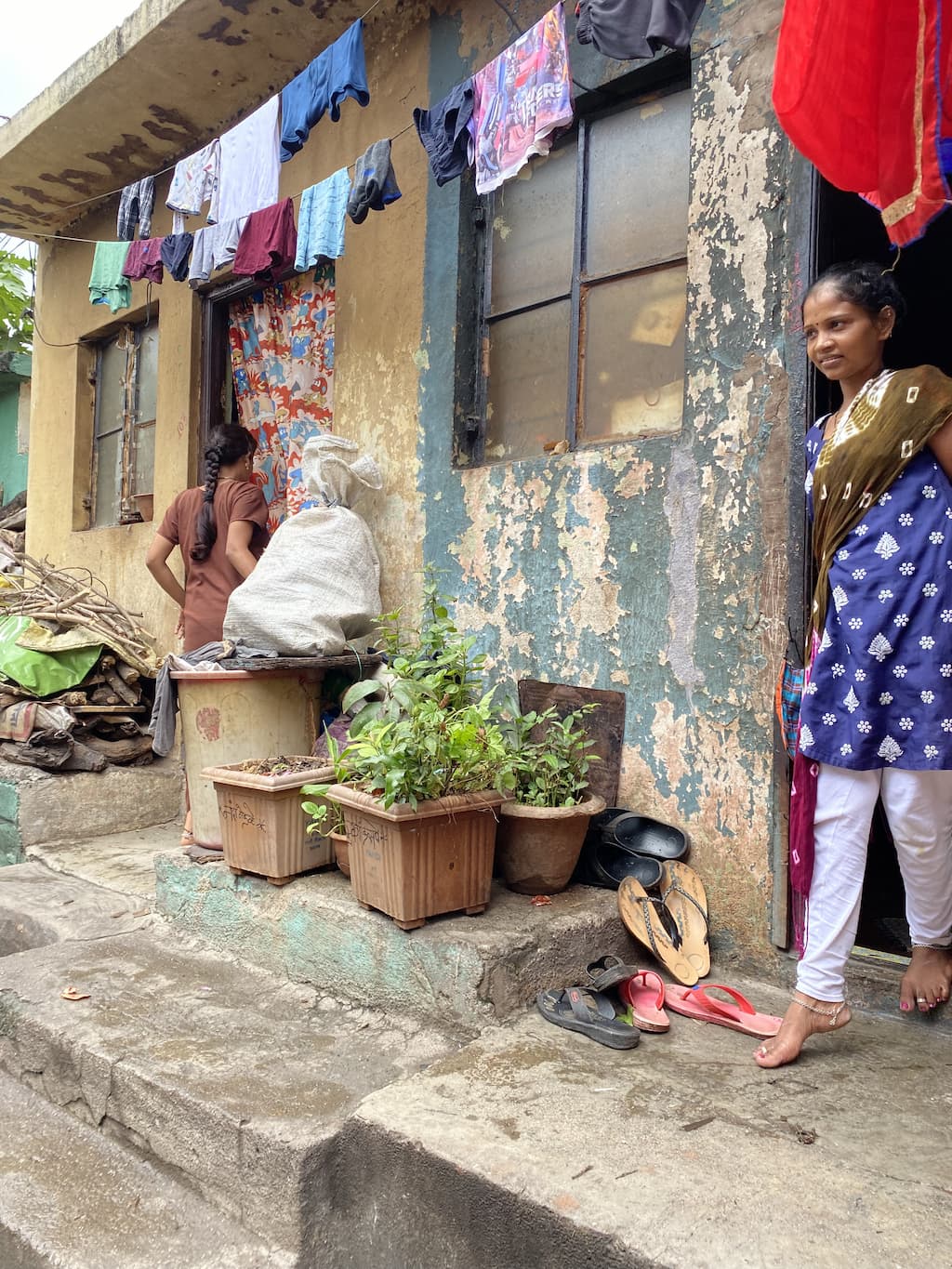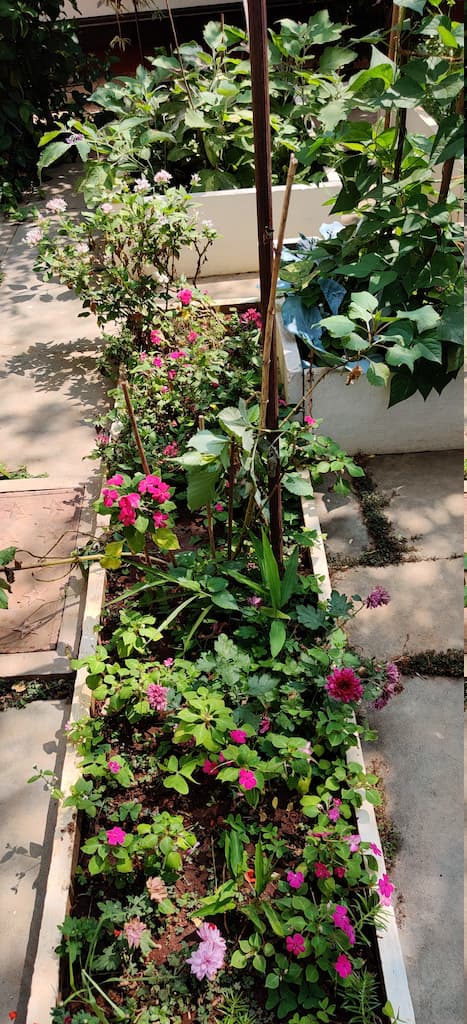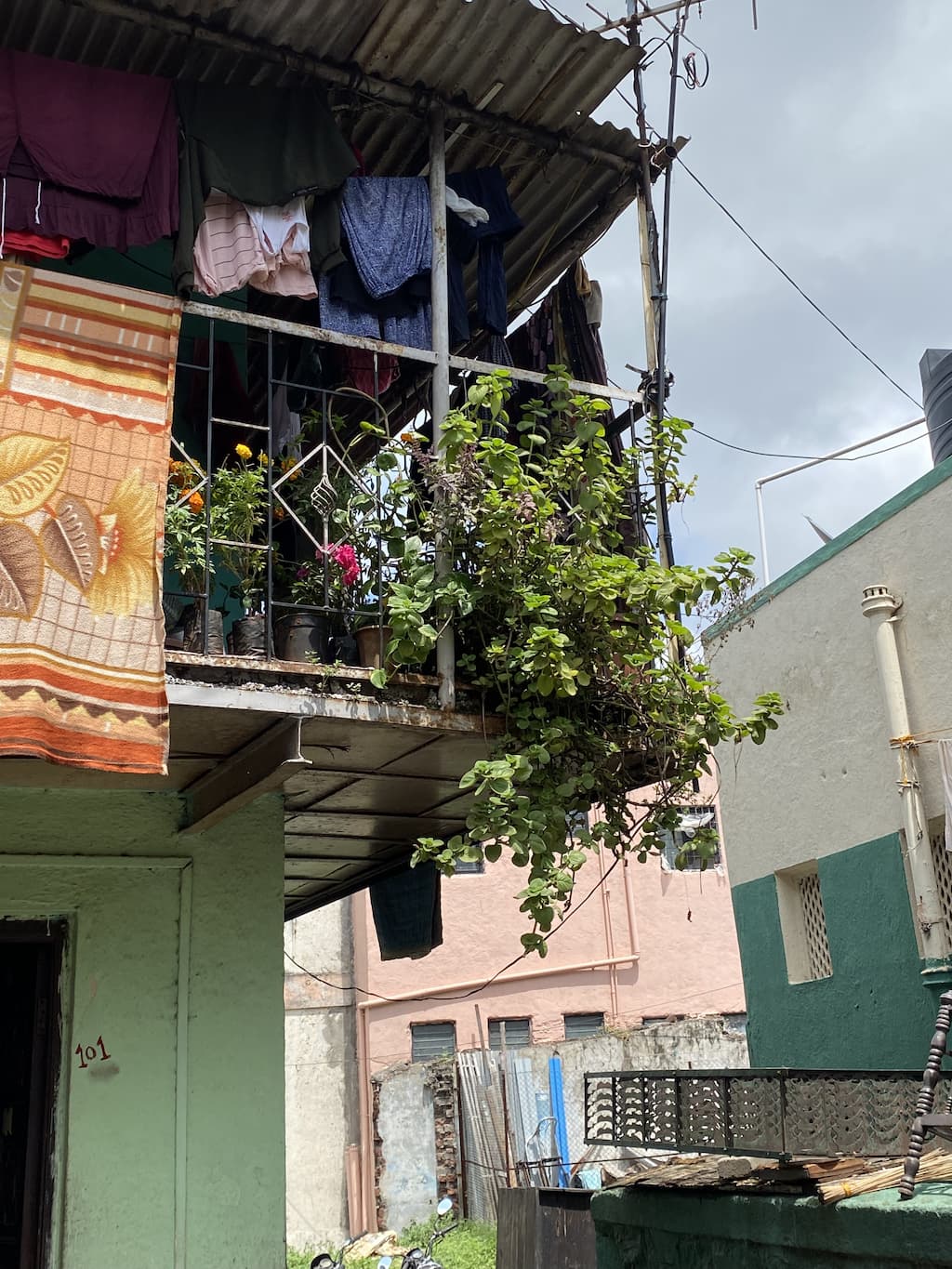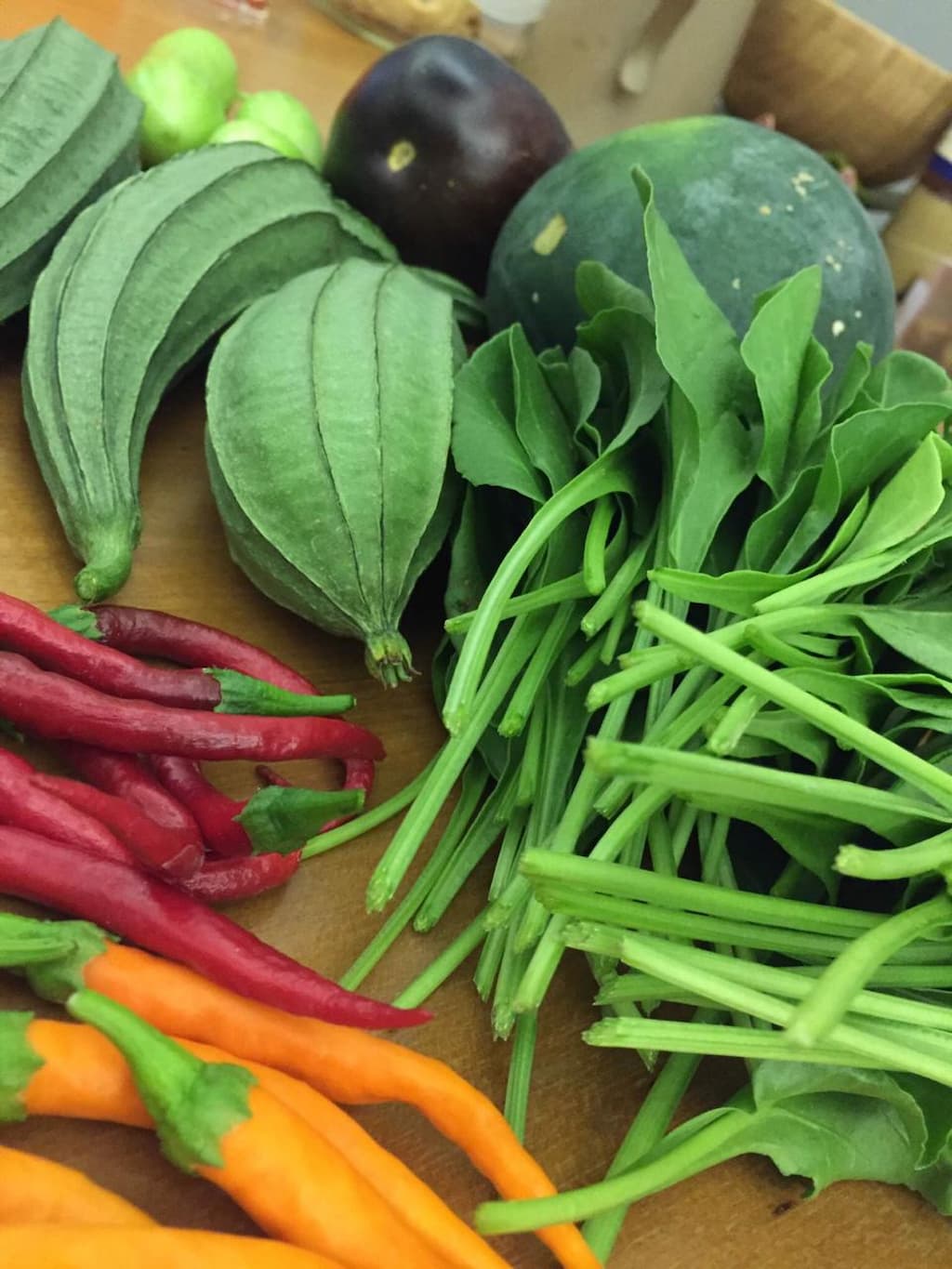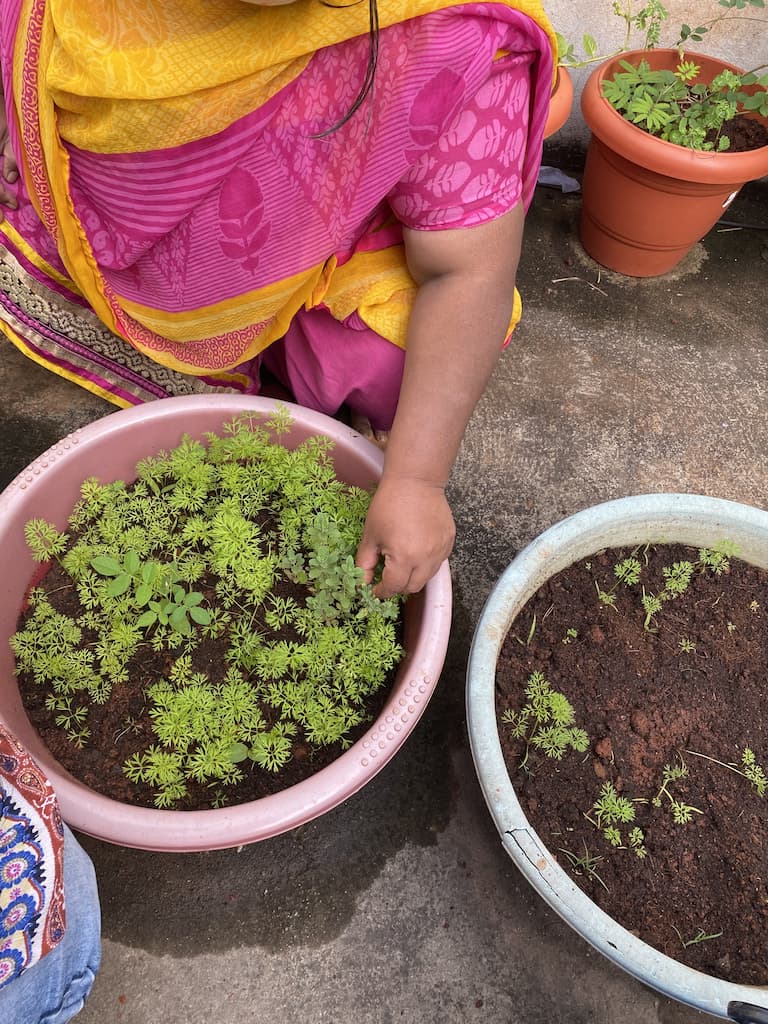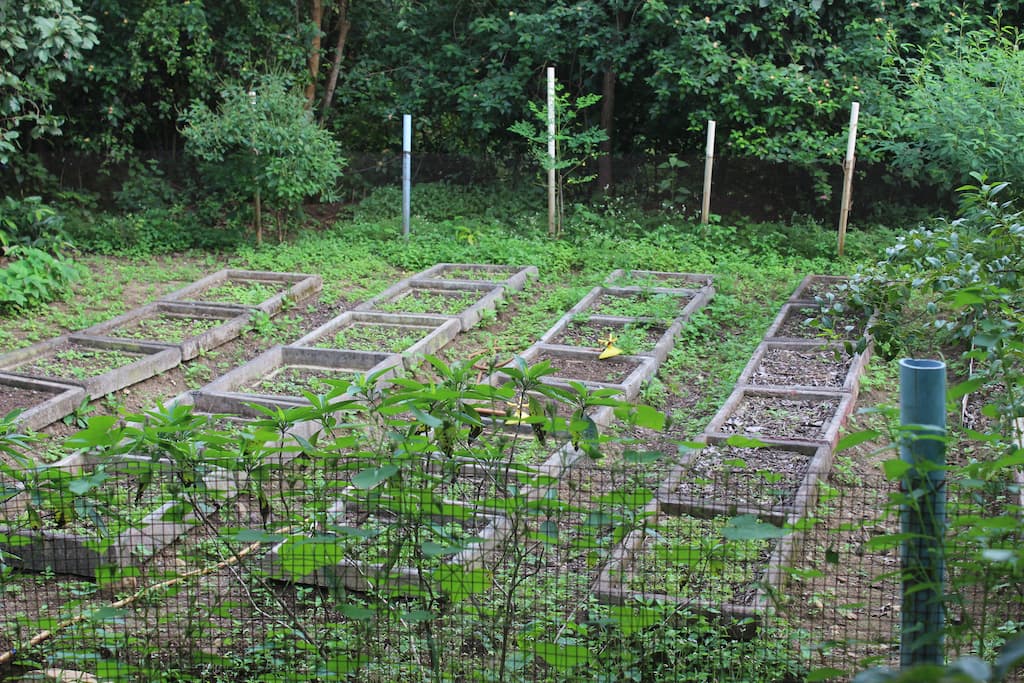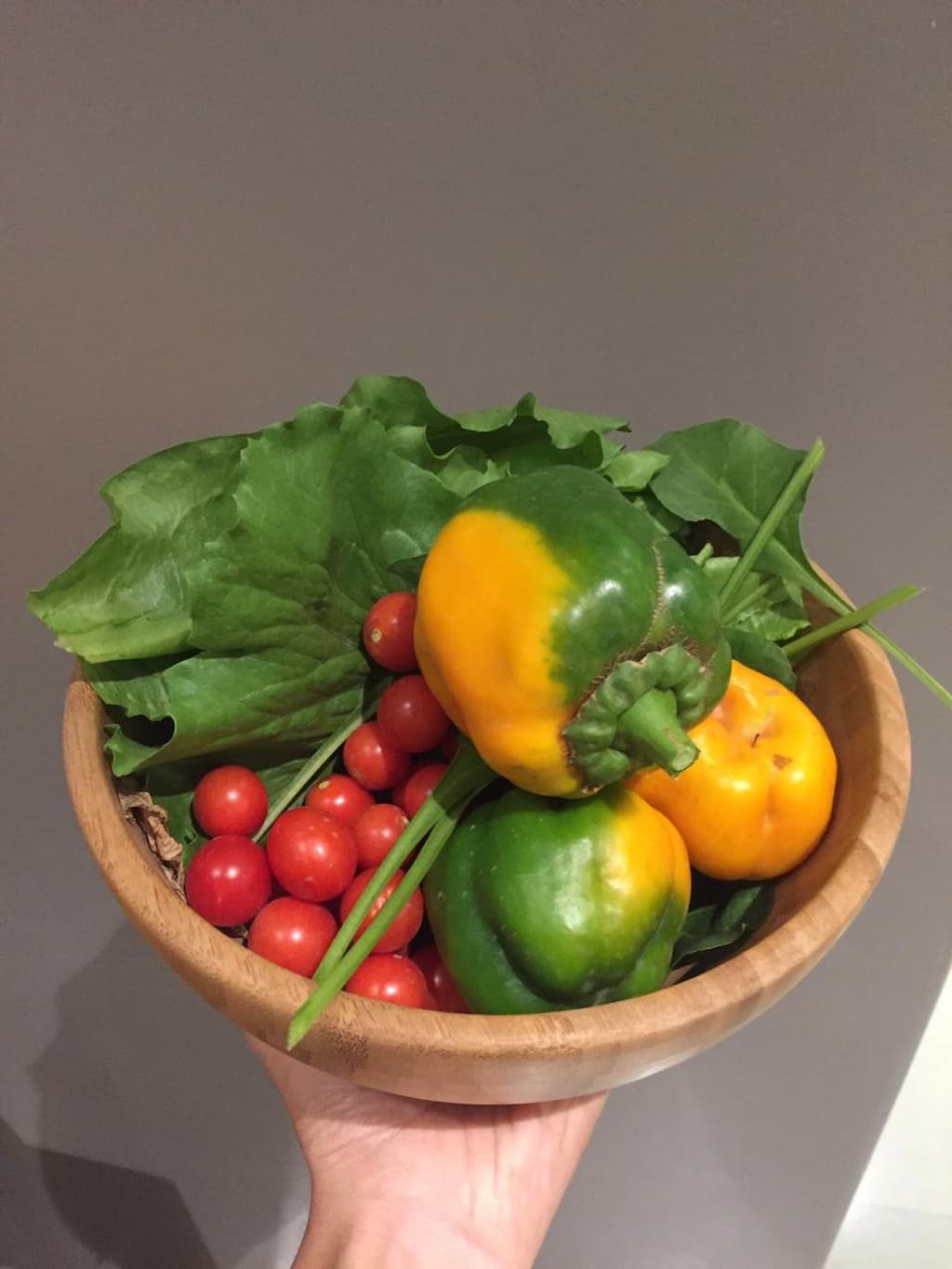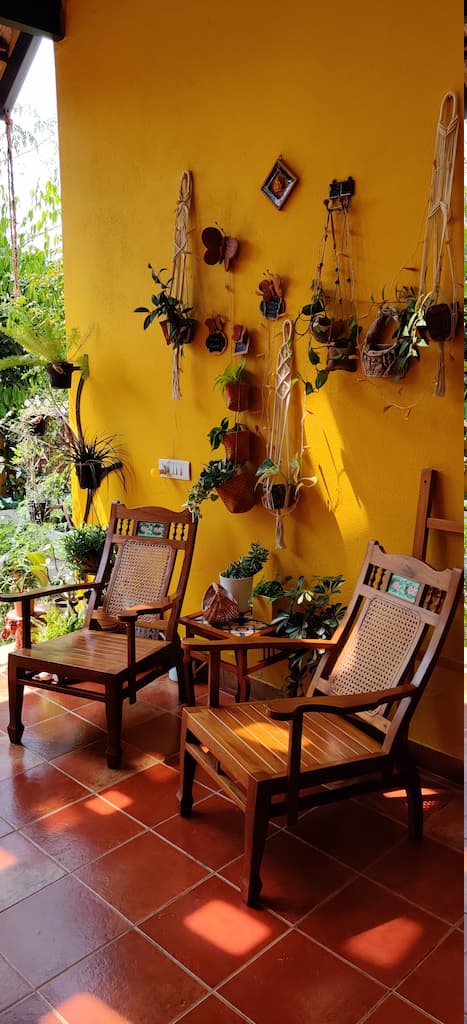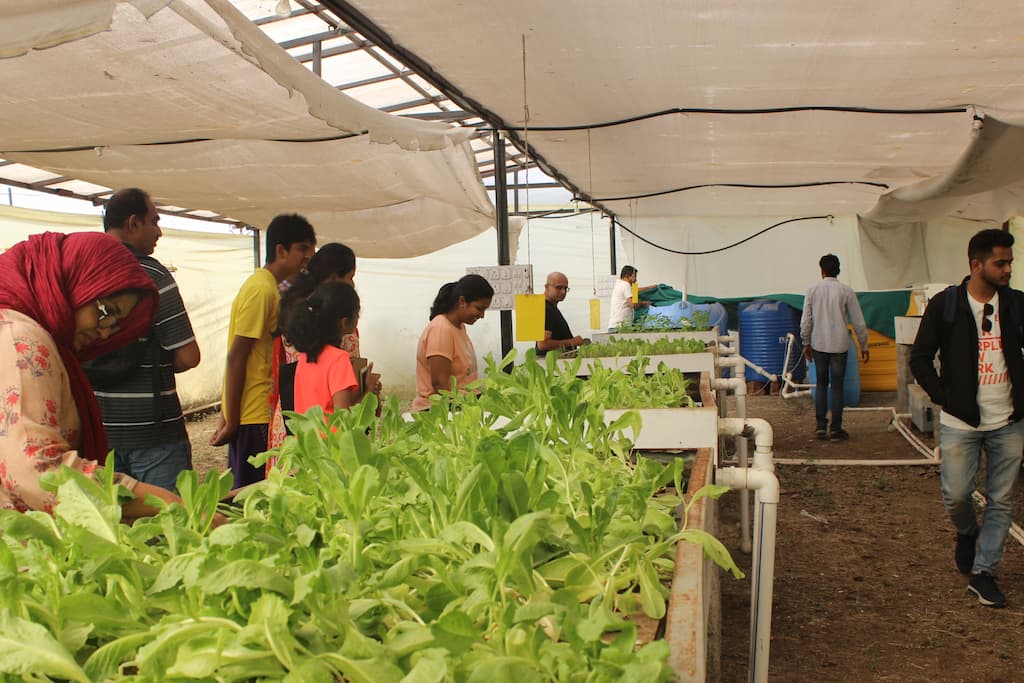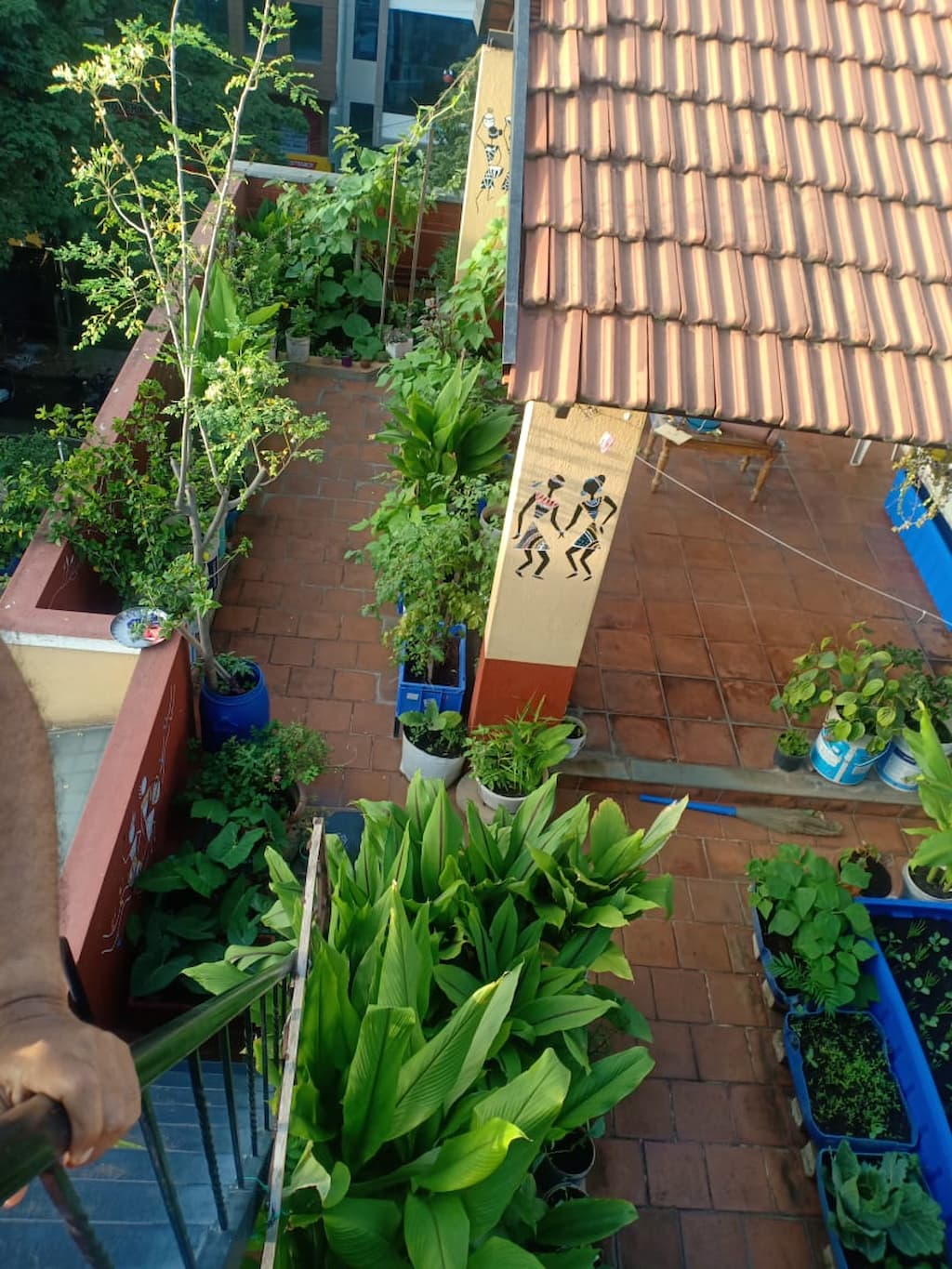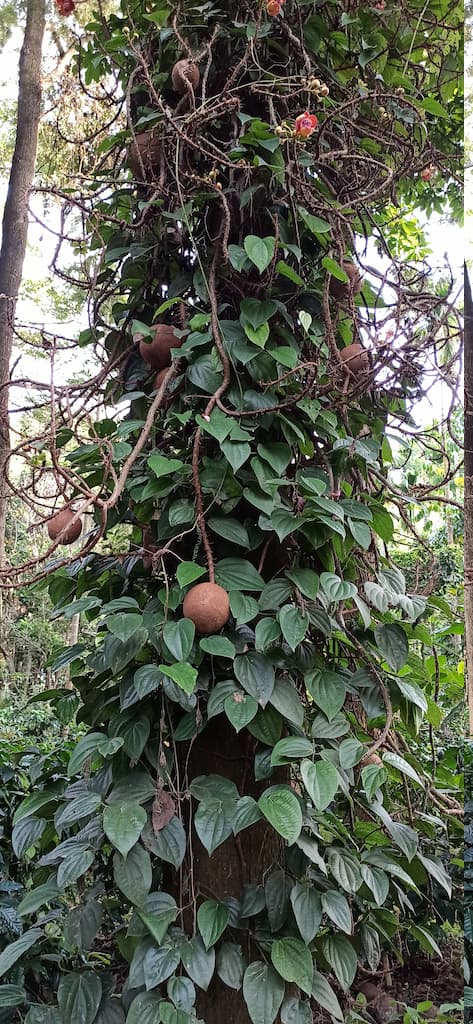Green Shoots of Health, Happiness and Wellbeing
By Maitreyi Koduganti and Chandni Singh
“ My garden is my getaway from the city’s chaos. The greenery gives me peace and a pause to think. ”
Thirty-seven-year-old IT professional from Pune
Over 50 per cent of the global population resides in cities, where they are constantly challenged by overpopulation, traffic, unemployment, cramped housing, degraded environmental quality, and increased health hazards. Given this reality of urban life, citizens are increasingly turning to nature for solace, peace, and mental wellbeing.
Urban farming, in the form of backyard and balcony gardens, terrace farms, and community farms are places with restorative qualities that reduce stress, improve one’s mood, and boost overall health. In this series, we tap into specific excerpts from city-dwellers to explain how urban farming can have a profound impact on their physical and mental well-being and relations within their homes and communities.
